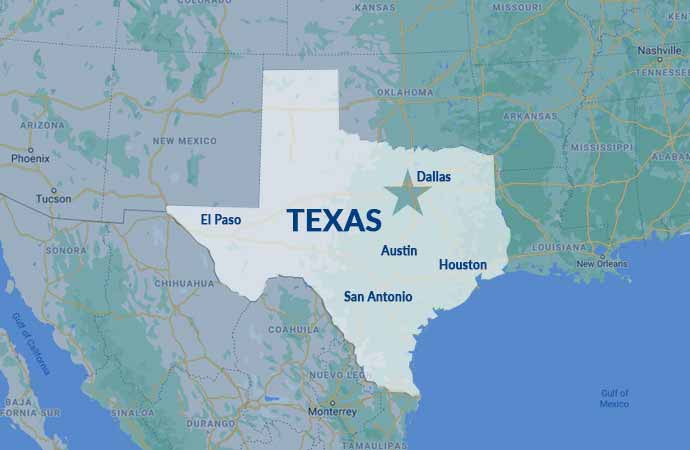How to Qualify for Workers Comp?
As an employer, it is your responsibility to ensure that your employees can recoup their losses and cover any important expenses they need to make in case of a work-related injury. But how do you make sure that your employees will qualify for the benefits? Given the nature of workers’ compensation insurance and how many have abused the system in the past, the claims approval process can be long and stringent. You must advocate for your employees to ensure that they get rightfully compensated for their injuries. But before doing so, there are some things that you need to understand:
The Legal Definition of “Employee”

As with any policy, there are clear exceptions to the stipulations under workers’ compensation insurance. For the most part, most employees will be covered by this policy, except for interstate railroad workers and crew members who work on vessels. Due to the nature of these two professions, these employees must take legal action against their employers to receive compensation in work-related accidents according to federal law.
Moreover, there is a clear difference between employees and independent contractors as well. Employees are defined as people who do regular work for someone in a long-term position, use tools provided by their companies, and have taxes deducted from their salary by their employers. On the other hand, independent contractors usually work on a project basis for multiple clients, use their own tools and equipment, and often pay for their taxes themselves. Employees stand to gain more benefits from workers’ compensation while independent contractors get less benefits or none at all.
Nature of the Injury
Contrary to popular belief, the stipulations for worker’s compensation do not include whose fault it is. What matters is that the injury or accident is related to the work and occurred during work hours while the employee was doing their job. This means that employees do not necessarily have to be on work premises to qualify for worker’s comp if they got hurt while doing their job.
Many occupations require employees to travel often and spend time away from the main office of the employer. Employees under these types of jobs can still get into an accident or become injured while conducting or attending a meeting, fulfilling a delivery, or receiving training in another location. It is still possible for traveling salesmen, truck drivers, emergency response workers, and other individuals in similar professions to qualify for worker’s comp if an accident occurred during their work hours.
What will not count for workers' compensation is if the employee is injured or gets into an accident on their way to and from work, as they are not technically working during that time. Similarly, an injury or accident that takes place during recreational activities on a business trip does not qualify for compensation. Self-inflicted injuries are not considered eligible as well.
Benefits Under Workers’ Compensation
While benefits vary per state, workers’ compensation policies usually provide benefits like vocational rehabilitation, payment for medical expenses, weekly compensation, and permanent impairment assistance to eligible employees. How much compensation employees will receive also depend on the severity of their injuries and their state laws. Working with a dependable insurance provider can help ensure that employees are given fair and reasonable compensation for their work-related injuries.
Texas-based employers and employees can turn to Quote Texas Insurance to make the most out of their workers’ comp benefits. Get in touch with us today to get started. All you have to do is call us at 844-402-4464 or visit our Get a quote page. In addition to workers’ compensation insurance, we also offer commercial property insurance, business insurance, and different types of insurance suited to different industries. We serve clients across Texas, including those in Houston, Dallas, and Corpus Christi.


